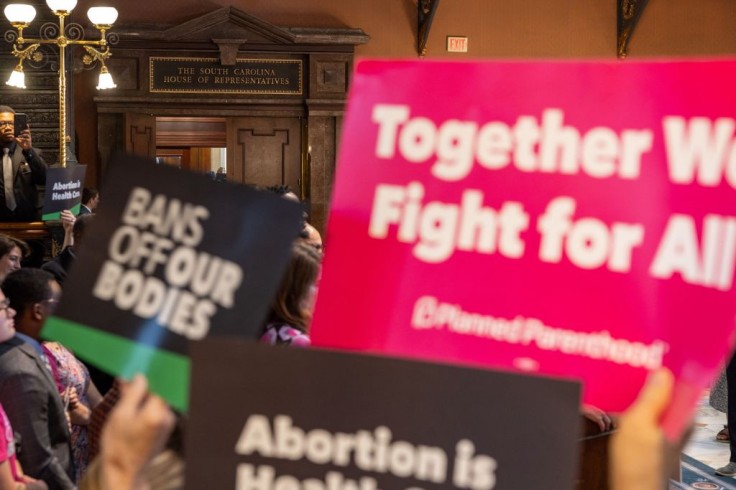
Ohio woman Brittany Watts, who was charged with felony in a harrowing incident where she suffered a miscarriage in her bathroom, will have her charges dropped as ruled by the grand jury.
Brittany Watts' miscarriage case has gained notoriety in Ohio and sparked online debate from advocates of abortion rights and residents in the community.
This case emerges as a critical juncture in the discourse surrounding abortion rights in Ohio, intertwining legal, medical, and ethical considerations in the sphere of reproductive rights.
The Brittany Watts Miscarriage Case
The ordeal began in Warren, Ohio, when Brittany Watts endured a miscarriage in her bathroom, leading to a life-threatening hemorrhage on September 22.
After being rushed to the hospital for a life-threatening complication, the police authorities immediately searched her home to gather evidence against the accusation of abusing human corpses.
The subsequent legal battle placed Watts at the center of a controversial charge under Ohio law, which accused her of treating a human corpse in a manner that outraged community sensibilities.
This charge of fifth-degree felony, facing one tear imprisonment, and paying a $2,500 fine, all grave legal matters, threatened significant legal repercussions.
However, in a pivotal court ruling, the grand jury decided against indicting Watts. This decision, influenced by the Babies and understanding of the situation by the Trumbull County Prosecutor's Office, marked a significant moment in the legal treatment of miscarriage cases.
This outcome gains even more prominence in light of the complicated abortion rights landscape in Ohio.
Watts' medical crisis began with a severe hemorrhage, leading to her admission to St. Joseph's Hospital. Medical records revealed complications typical of miscarriage cases, such as low amniotic fluid.
The life-threatening nature of her condition, coupled with the miscarriage in her bathroom, underscores the critical need for sensitive medical care for women experiencing similar emergencies.
Implications of Post-Roe V. Wade America
The case has escalated into a significant point of discussion regarding abortion rights in Ohio. It underscores the intricate legal and ethical challenges that women face, especially in a state with restrictive reproductive health laws.
Following the reversal of Roe v. Wade in June 2022, approximately 24 states have followed in implementing abortion bans. These laws also empower legal authorities to prosecute individuals who facilitate these procedures, including in instances where the fetus presents severe health risks.
The Cleveland Clinic reports that miscarriages terminate between 10% and 20% of all confirmed pregnancies. However, this statistic may underestimate the actual frequency, as numerous miscarriages transpire before the pregnancy is even recognized.
Research further reveals that Black women face a higher likelihood of criminal charges related to pregnancy complications.
The potential criminalization of natural medical incidents like miscarriages has sparked concerns among advocates for reproductive rights.
The Brittany Watts case symbolizes the challenges and uncertainties in the realm of reproductive rights in the United States, particularly after the overturning of Roe v. Wade.
States like Ohio, with restrictive abortion laws, have brought complex legal and personal challenges to the forefront for women experiencing miscarriages.
As the nation grapples with these contentious issues, the outcome of the Watts case may herald a change in the legal and medical handling of miscarriages and related emergencies.
The case calls for clearer legal guidelines and stresses the need for healthcare systems that prioritize the well-being of women in distressing situations.